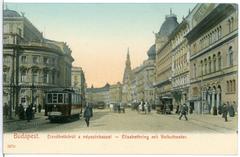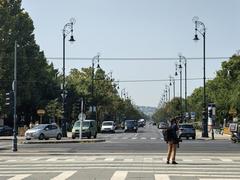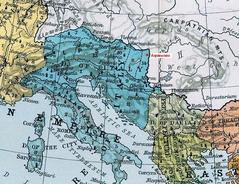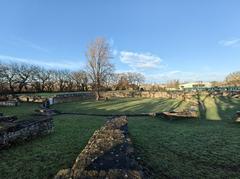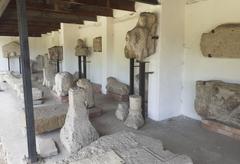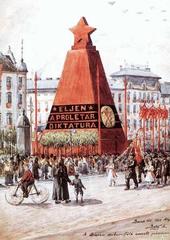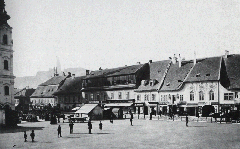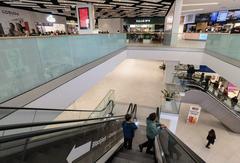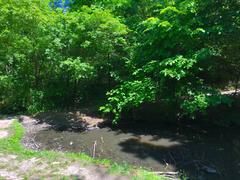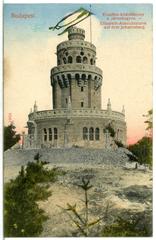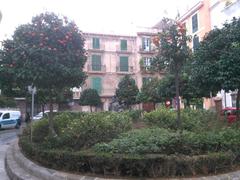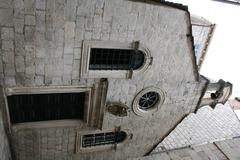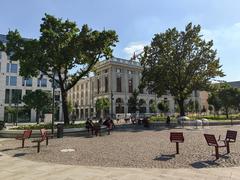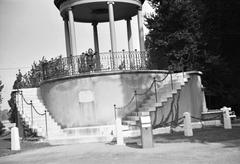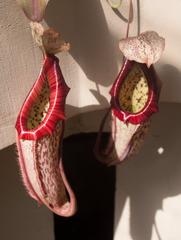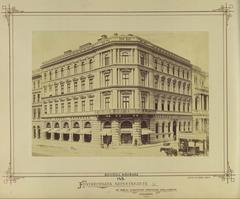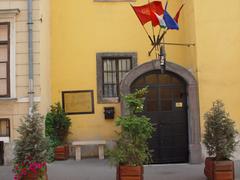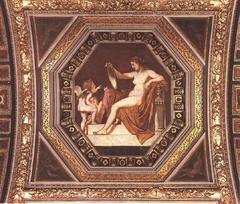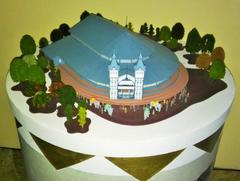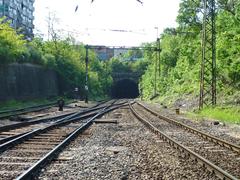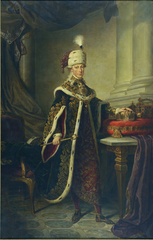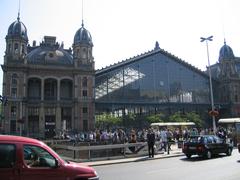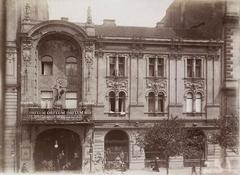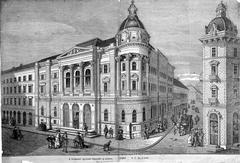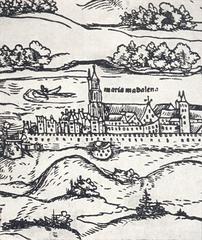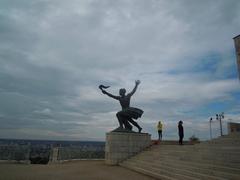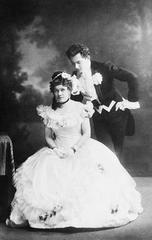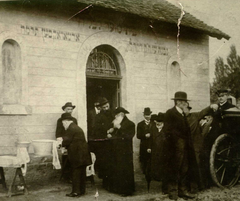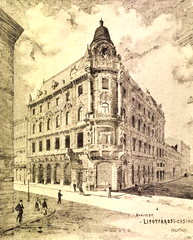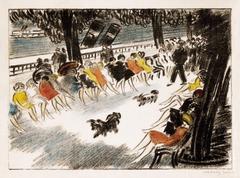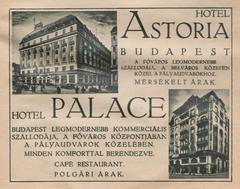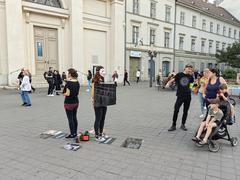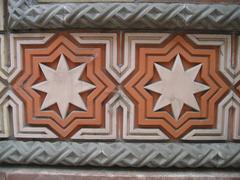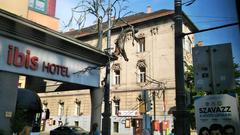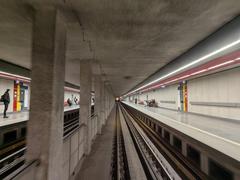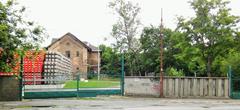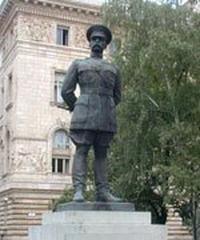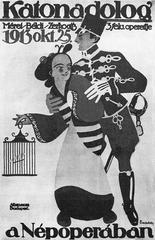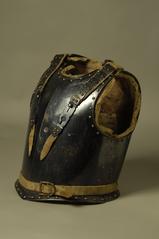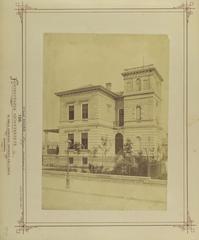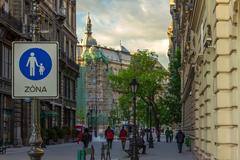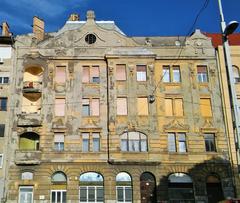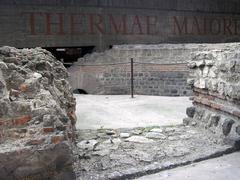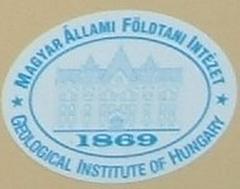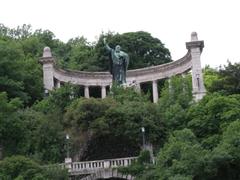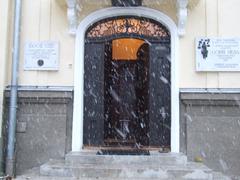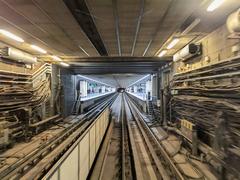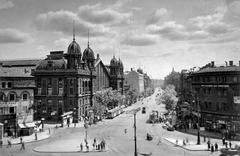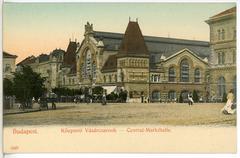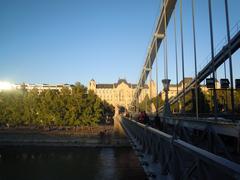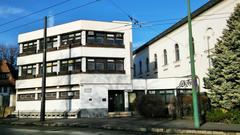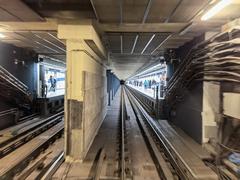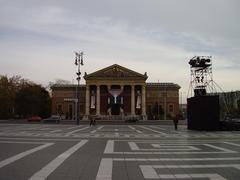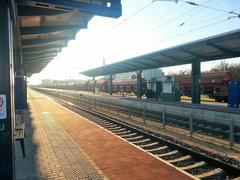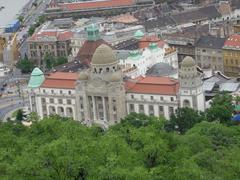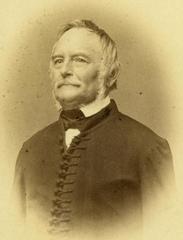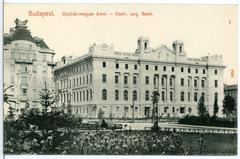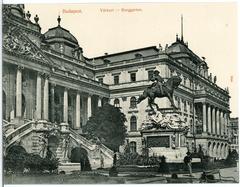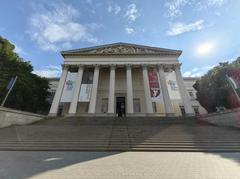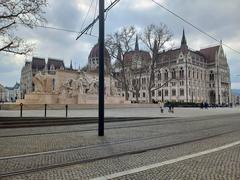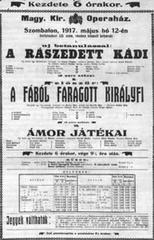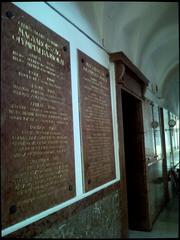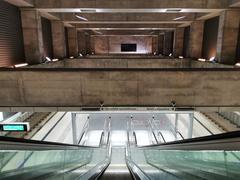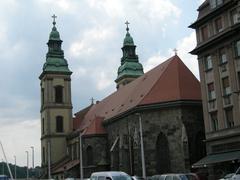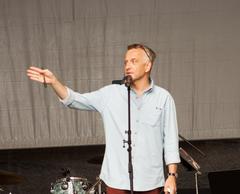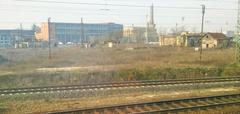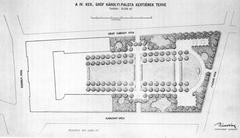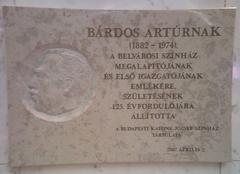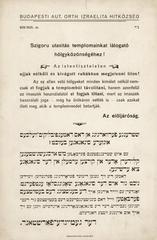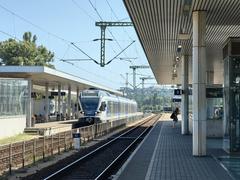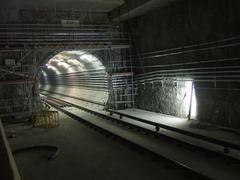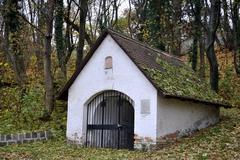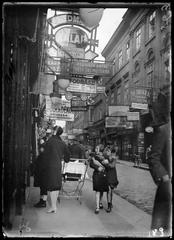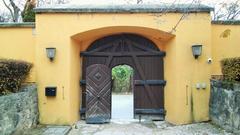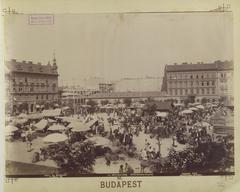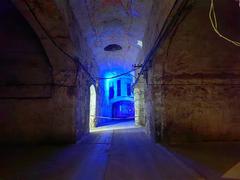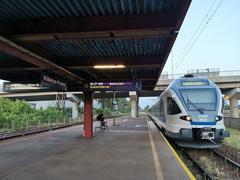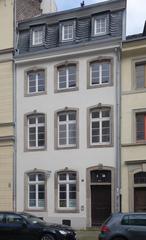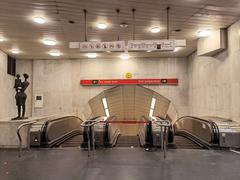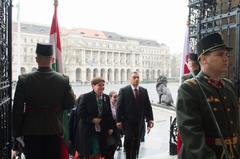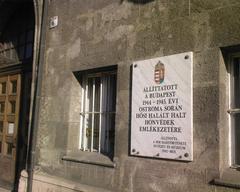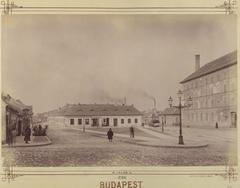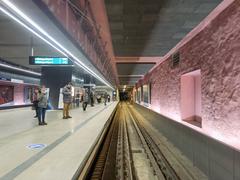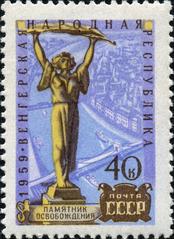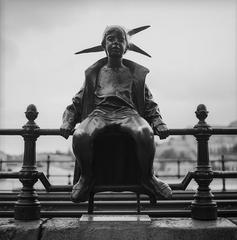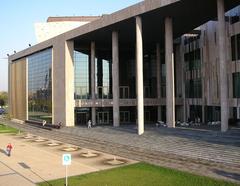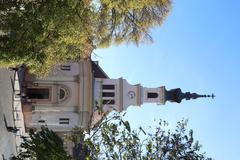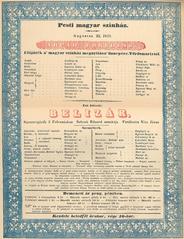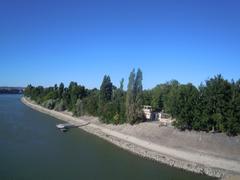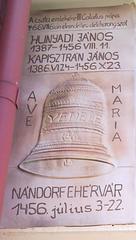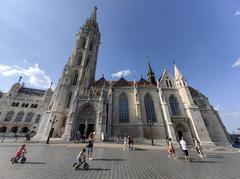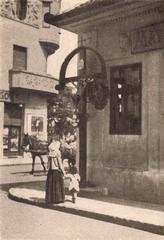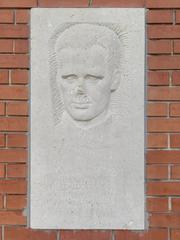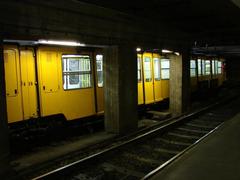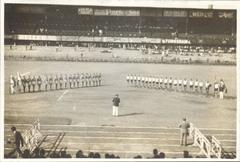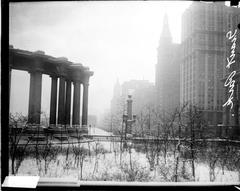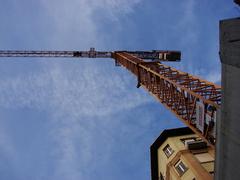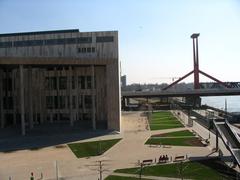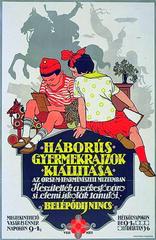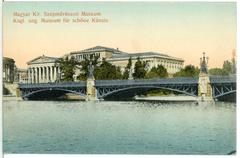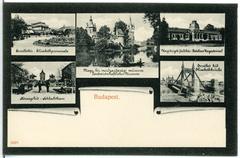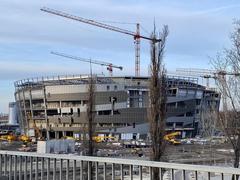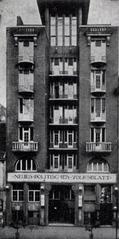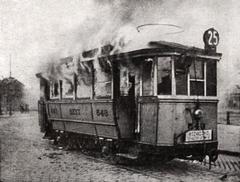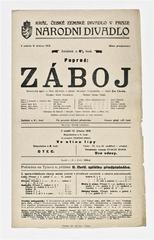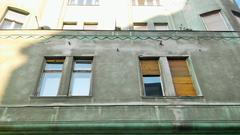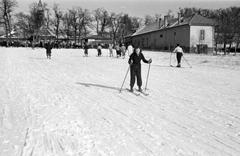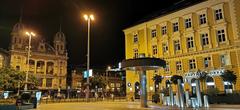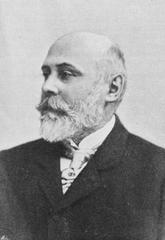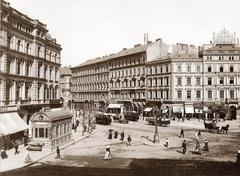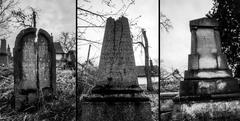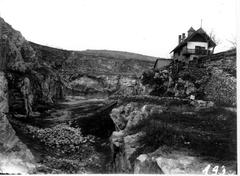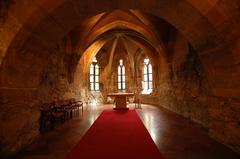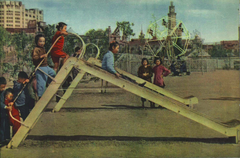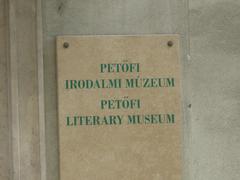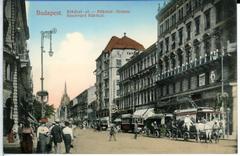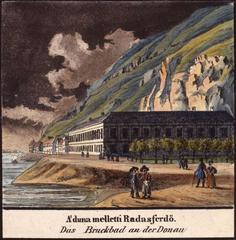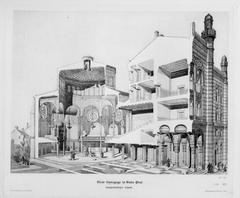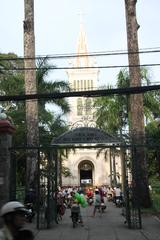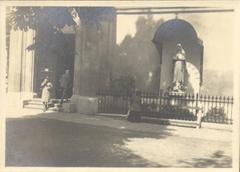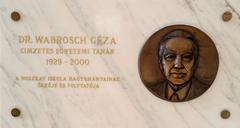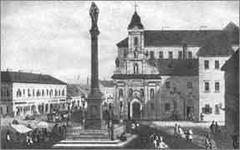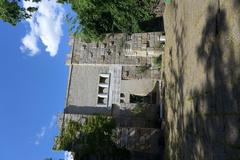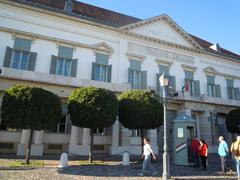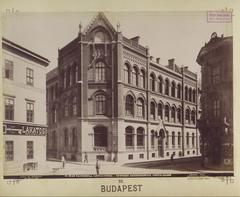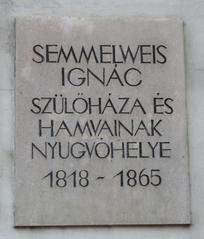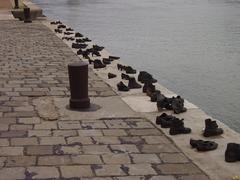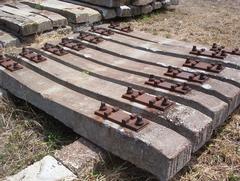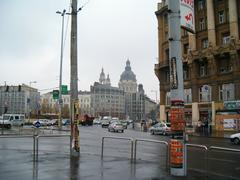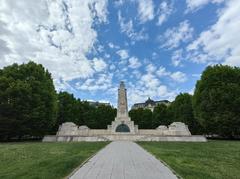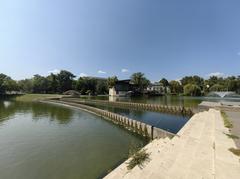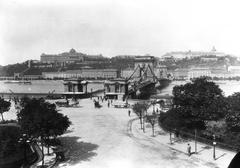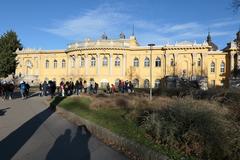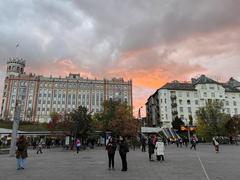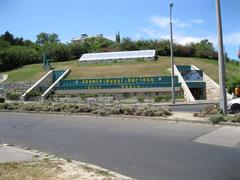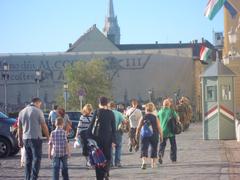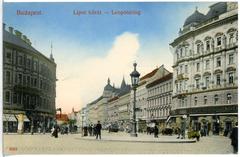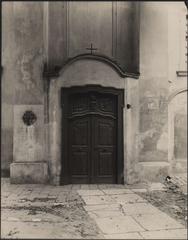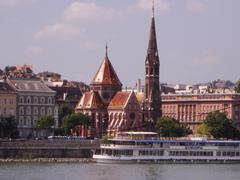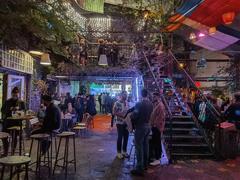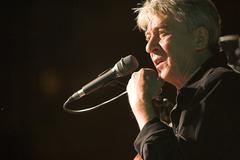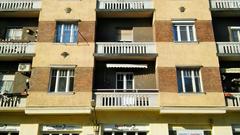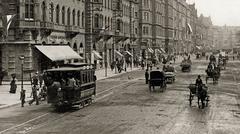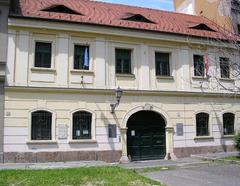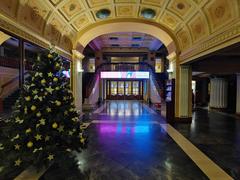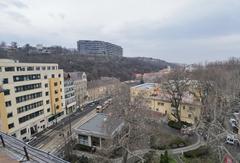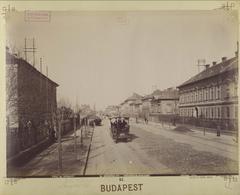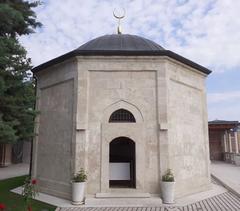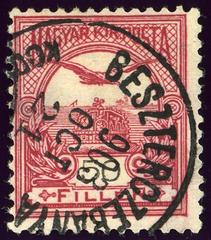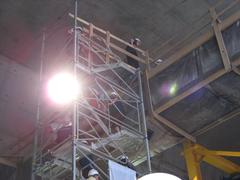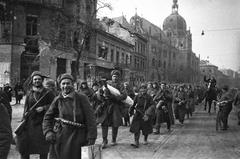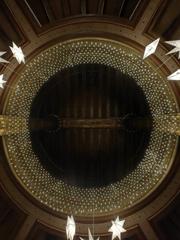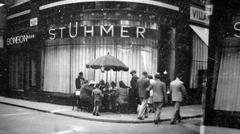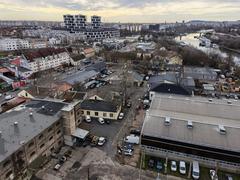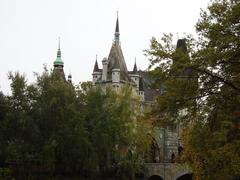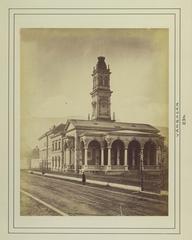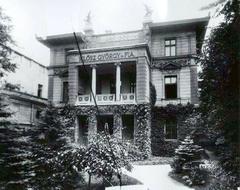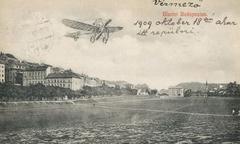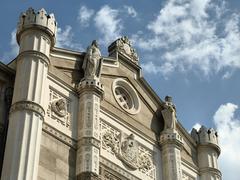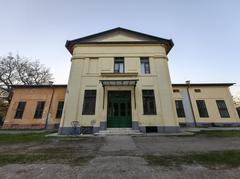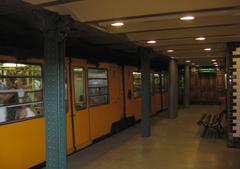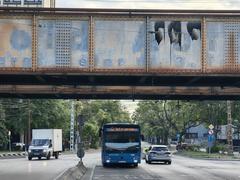
Al-Huda Mosque Budapest: Visiting Hours, Tickets, and Historical Sites Guide
Date: 04/07/2025
Introduction
Nestled in Budapest’s vibrant 8th district, Al-Huda Mosque stands as a testament to the city’s multicultural heritage and religious diversity. Established in 1998 by the Al-Huda Islamic Association, the mosque has transformed from a former synagogue and residential building into a central spiritual and cultural hub for Hungary’s Muslim community. Today, it provides daily prayers, community events, and educational programs, welcoming both worshippers and visitors interested in Budapest’s Islamic and broader historical tapestry.
This guide provides comprehensive details on Al-Huda Mosque’s history, visiting hours, ticket policies, accessibility, visitor etiquette, community activities, and nearby attractions—offering everything you need for an insightful and respectful visit.
Table of Contents
- Introduction
- Historical Background
- Visiting Al-Huda Mosque
- Community and Activities
- Visitor Tips
- Nearby Attractions
- Frequently Asked Questions (FAQ)
- Cultural and Architectural Highlights
- Travel and Practical Information
- Conclusion
- References
Historical Background
Origins and Early Development
Located at Dobozi utca 1, in the Magdolna neighborhood, Al-Huda Mosque opened its doors on July 31, 1998. Established by the Al-Huda Islamic Association, the mosque began as a converted residential property, responding to the growing needs of Budapest’s Muslim community. The mosque quickly grew into a focal point for daily worship, Friday congregational prayers, and major religious celebrations such as Ramadan and Eid (Al-Huda Mosque Official Site).
Architectural Significance
A defining feature of Al-Huda Mosque is its layered heritage: the building once served as the synagogue of the “House of the Second-Hand Dealer” (Zsibárus-ház), historically catering to the Jewish community near Teleki László tér (Wikipedia). This architectural lineage underscores Budapest’s tradition of religious coexistence and adaptability.
Community Growth and Role
As Budapest’s Muslim demographic expanded, so did the mosque’s significance. It now serves a diverse congregation—immigrants from the Middle East, North Africa, South Asia, the Balkans, Hungarian converts, students, and refugees. Alongside other notable mosques in Hungary, such as the Budapest Mosque on Fehérvári út and Al-Furqan Mosque in Pécs, Al-Huda plays a vital role in religious, educational, and social activities (iszlam.com).
Visiting Al-Huda Mosque
Visiting Hours and Tickets
- Hours: The mosque is open daily, typically from early morning until after evening prayers. General visiting hours for non-worshippers are between 9:00 AM and 6:00 PM. For special events or holiday schedules, contact the mosque in advance.
- Tickets: Admission is free. No tickets are required for entry, prayer, or participation in community events.
Accessibility and Visitor Guidelines
- Location: 1081 Budapest, Dobozi utca 1 (also referenced as Teleki tér 10, 1086 Budapest). Easily accessible via metro (Line 4, II. János Pál pápa tér), trams, and buses (iszlam.com).
- Mobility: The mosque is wheelchair accessible, with ramps and accessible restrooms. Contact administration for specific accommodation needs.
- Dress Code: Modest attire is required. Men should wear long trousers and sleeved shirts; women should cover arms, legs, and hair (bring a scarf if possible).
- Conduct: Remove shoes before entering prayer halls. Maintain silence and respect during prayers and lectures.
- Photography: Allowed in most public areas—ask before photographing people or during religious services.
Guided Tours and Special Events
While regular guided tours are not scheduled, they can be arranged by request. Community leaders occasionally provide group tours and educational sessions. Special events include Ramadan iftars, Eid celebrations, open days, cultural workshops, and interfaith dialogues—details are posted on mosque notice boards and official channels (Al-Huda Mosque Official Site).
Community and Activities
Al-Huda Mosque serves as more than a religious center:
- Educational Programs: Quranic and religious studies, language classes (Arabic, Hungarian), and weekend schools for families and youth.
- Social Support: Integration assistance, charitable activities, and support for students, refugees, and newcomers.
- Interfaith Outreach: Open to non-Muslims, researchers, and tourists—promoting intercultural dialogue and understanding.
- Charitable Work: Food drives, aid for marginalized groups, and community meals during Ramadan and Eid (iszlam.com).
Visitor Tips
- Best Times: Visit outside peak prayer times for a quieter experience. Friday afternoons (Jumu’ah) and Eid mornings are busiest.
- Contact: For up-to-date information, call +36-20-204-5852 or email (listed on iszlam.com).
- Combine Visits: Enrich your experience by exploring nearby historical sites such as the Jewish Quarter, Teleki László tér, and Budapest Mosque on Fehérvári út.
- Halal Food: Several halal restaurants and shops are within walking distance (halaltrip.com).
- Public Transit: Budapest’s metro, tram, and bus network is efficient—consider a day pass for convenience.
Nearby Attractions
- Jewish Quarter: Home to the Great Synagogue, Jewish Museum, and Tree of Life Memorial—offering insights into Budapest’s Jewish heritage (Lonely Planet).
- Keleti Railway Station: An architectural landmark a short distance from the mosque.
- Hungarian National Museum: Showcasing Hungary’s national history.
- Teleki László tér: Historic square adjacent to the mosque.
- Parliament Building & Shoes on the Danube: Iconic riverfront sites within reach (Lonely Planet).
- Thermal Baths: Széchenyi and Gellért Baths reflect Ottoman influences (Lonely Planet).
- Ruin Pubs, Andrássy Avenue, and City Park: Experience Budapest’s nightlife, shopping, and green spaces.
Frequently Asked Questions (FAQ)
Q: What are the Al-Huda Mosque visiting hours?
A: Open daily, generally from 9:00 AM to 6:00 PM, and during all prayer times. Confirm special schedules during Ramadan and holidays.
Q: Is there an entrance fee or ticket required?
A: No, admission is free for all visitors and worshippers.
Q: Are non-Muslims welcome?
A: Yes, visitors of all backgrounds are welcome, especially during open days and cultural events. Respectful conduct is appreciated.
Q: Is the mosque wheelchair accessible?
A: Yes. Ramps and accessible facilities are available; contact administration for specific needs.
Q: Can I take photographs inside?
A: Photography is allowed in public areas, but permission should be requested before photographing people or during services.
Q: Are guided tours available?
A: Guided tours can be arranged by prior request. Educational programs are also available.
Cultural and Architectural Highlights
- Architecture: Modern three-story structure with functional Islamic aesthetics; no domes or minarets, but features Arabic calligraphy and geometric decor.
- Prayer Halls: Spacious, with separate areas for men and women.
- Facilities: Multipurpose rooms, ablution areas, library, and spaces for classes and events.
- Sustainability: Energy-efficient lighting and water-saving fixtures align with Islamic environmental principles.
Travel and Practical Information
Location: 1081 Budapest, Dobozi utca 1 / Teleki tér 10, District VIII
Contact: +36-20-204-5852 | iszlam.com
Public Transport: Metro Line 4 (II. János Pál pápa tér), bus and tram routes
Nearby Halal Food: See halaltrip.com
Conclusion
Al-Huda Mosque is more than a place of worship—it is a living symbol of Budapest’s layered history, cultural diversity, and spirit of inclusivity. Visitors are welcomed with open doors, free admission, and opportunities to engage in religious, educational, and community life. Respectful attire, etiquette, and curiosity will ensure a memorable visit.
To enrich your journey, combine your mosque visit with nearby historical and cultural sites. For real-time updates, special event information, and further travel tips, refer to the mosque’s official website (Al-Huda Mosque Official Site) and consider downloading the Audiala app for personalized recommendations.
References
- Visiting Al-Huda Mosque Budapest: History, Hours, Tickets & Tips, 2025, Al-Huda Mosque Official Site (https://www.alhudamosque.org/about)
- Al-Huda Mosque Budapest: Visiting Hours, Tickets, and Historical Significance, 2025, iszlam.com (https://iszlam.com/english/item/2558-eid-al-fitr-greetings-of-the-organization-of-muslims-in-hungary)
- Visitor Information, Etiquette, and Practical Guidelines for Visiting Al-Huda Mosque in Budapest, 2025, iszlam.com (https://www.iszlam.com/english)
- Visiting Al-Huda Mosque and Exploring Budapest’s Nearby Attractions and Multicultural Heritage, 2025, Lonely Planet (https://www.lonelyplanet.com/articles/best-things-to-do-in-budapest)
- IslamOnWeb: The Many Faces of Muslim Cultures - Understanding Diversity Through Shahab Ahmed’s Lens, 2025 (https://en.islamonweb.net/the-many-faces-of-muslim-cultures-understanding-diversity-through-shahab-ahmeds-lens)
For additional resources and real-time travel tips, download the Audiala app and follow our social channels. Embrace the rich tapestry of Budapest’s religious and cultural life through the doors of Al-Huda Mosque.

